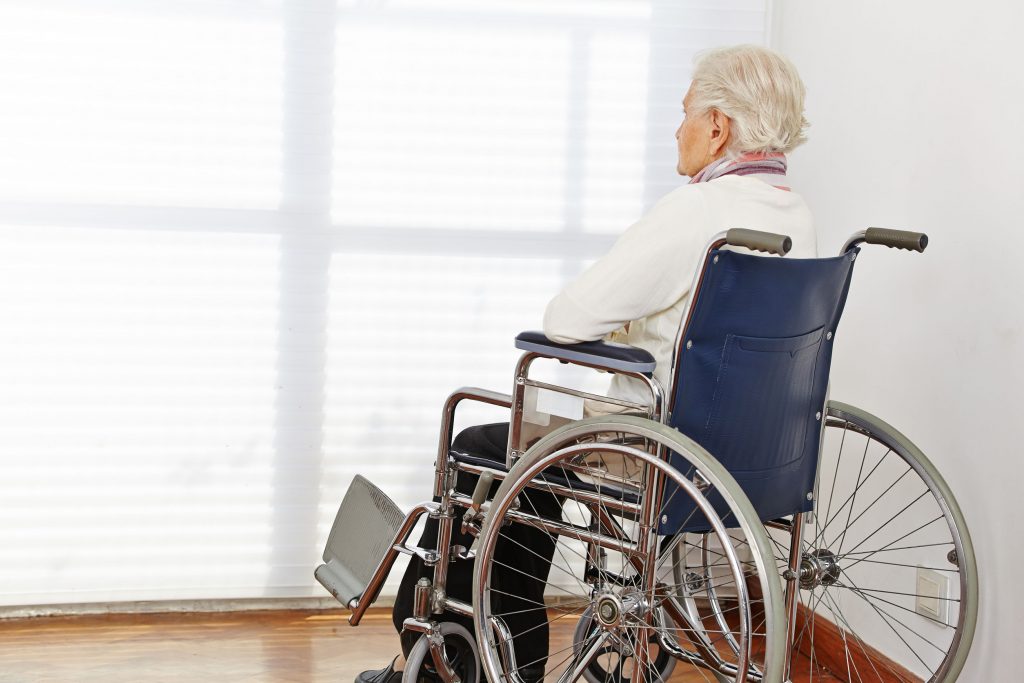 Nursing home neglect and abuse may lead to severe injury, wrongful death, and poor quality of life for residents. Negligence is a breach of the duty of care owed by the nursing home and its employees to the patients who reside there. Forms of abuse can vary, and may be hard to recognize.
Nursing home neglect and abuse may lead to severe injury, wrongful death, and poor quality of life for residents. Negligence is a breach of the duty of care owed by the nursing home and its employees to the patients who reside there. Forms of abuse can vary, and may be hard to recognize.
If you have confirmed that abuse or negligence is present at a nursing home, you should contact the state department of health, county adult protective services, or the local law enforcement.
In addition, if your loved one has suffered a serious injury as a result of neglect or abuse, you should contact an experienced nursing home negligence attorney to determine whether you have a viable claim for damages.
The following are signs of abuse or neglect for nursing home residents:
- Lack of care for existing medical problems
- Unreasonable physical restraint or seclusion
- Malnourishment due to prolonged deprivation of food
- Dehydration
- Heavy medication or sedation
- Use of physical or chemical restraint or psychotropic medication for any purpose not consistent with that authorized by a physician.
- Bed injuries/asphyxiation
- Unexplained injuries such as cuts, bruises, or welts
- Injuries requiring emergency treatment
- Broken bones such as a fractured hip.
- Falls, fractures, or head injuries
- Rapid weight loss or weight gain
- Patient is emotionally upset or agitated
- Being withdrawn or non-communicative
- Infections
- Reluctance to speak in staff members’ presence
- Unusual or sudden changes in behavior
- Unexpected or unexplained death of resident
- Unsanitary and unclean conditions
- Instances of wandering/elopement
- Injury or death occurring during or shortly after an episode of wandering
Carelessness leads to most cases of resident injury. In many cases this is due to understaffing or hiring unqualified staff. However, there have also been instances of physical and sexual abuse by staff members as well as other nursing home residents. In some cases, this is the result of negligent hiring practices by the nursing home owner or management.
Injuries are more common when a nursing home facility is not clean, safe, properly staffed or equipped, or poorly maintained or managed. The most common form of preventable injury in a nursing home is a slip and fall. Nursing care facilities must be designed to reduce the risk of slip and fall injuries and the staff must be adequately trained to prevent these injuries.
Once a case of nursing home abuse or neglect has been reported, the next step is to consult with an experienced nursing home negligence lawyer to determine whether you have a valid claim. If your loved one has suffered a serious injury due to nursing home abuse or neglect, you may be entitled to compensation.
